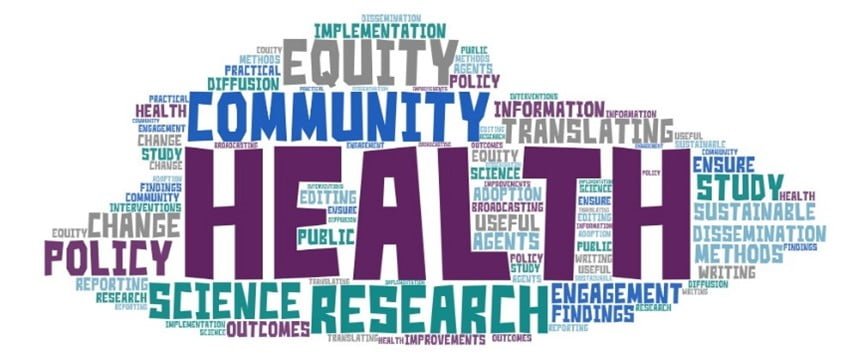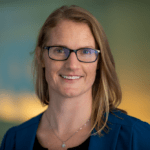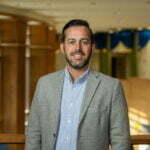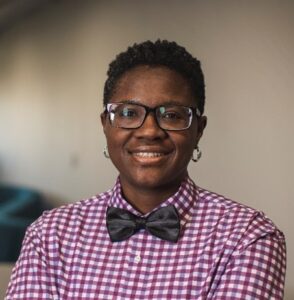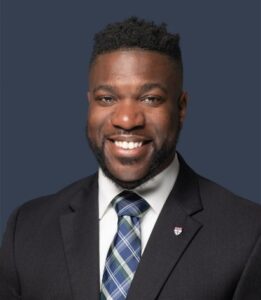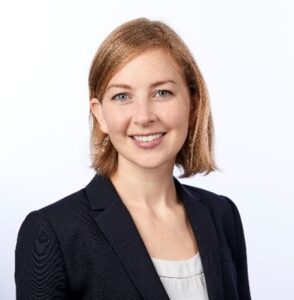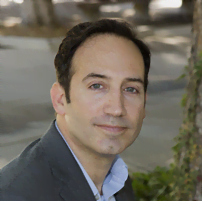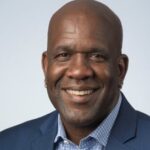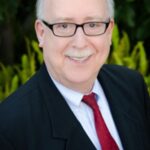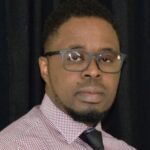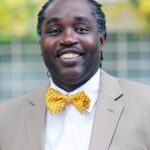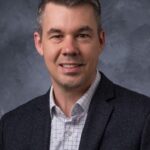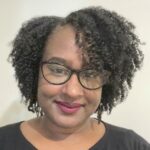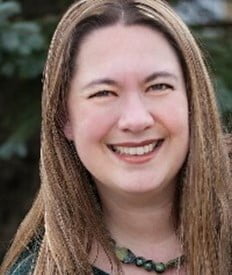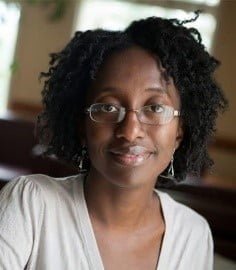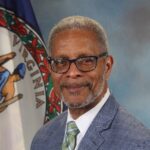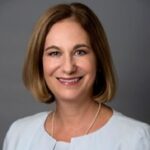IAPHS empowers researchers to make their science matter. The IAPHS Research to Action Webinar and Discussion Series addresses issues that affect population health scientists who aspire to conduct public facing science. The Webinars are free and open to all.
All events are held virtually.
A People First Approach to Government and the Right to Health
Researchers and scholars, representing various disciplinary and methodological backgrounds, will discuss collaborating with governments and constituents to advance health equity and justice, while improving policy, law, governance, and ethics. Topics include climate change and environmental justice communities; administrative burdens and barriers to accessing government benefits, services, and rights; and economic and social rights and the right to health and safety where people live, work, play, and travel. Our panelists have provided research, analysis, expertise, and leadership necessary for policy development, implementation, evaluation, and decision making from local to global levels of government. Please join our conversation on working with government departments, agencies, and organizations to improve population health. Free to all. Please spread the word.
MODERATOR:
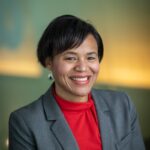
PANELIST:
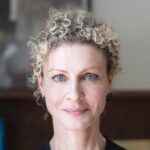
PANELIST:
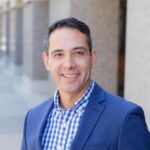
PANELIST:

Past Events
R2A Webinar: Collective Advocacy for Population Health Equity
Hear from scientists who are successfully approaching policy change based on the findings of their research through collaboration with collective advocacy groups in population health. Featured case studies on collective advocacy presented in the webinar will cover researchers’ success and effectiveness through community-based research methods, partnership or synergistic timing with organizations, or alignment with local movements and/or lobbying. Panelists will discuss their experiences and lessons learned with collective advocacy in order to translate population health research into real world change that advances social justice and health equity.
Communicating Controversial Science
PANELIST:

PANELIST:
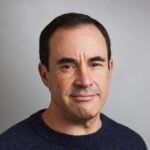
PANELIST:
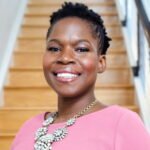
PANELIST:

MODERATOR:
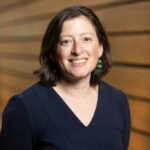
Webinar: Speaking Science on Social Media
March 2, 2023, 12pm ET
Hear from scientists who have used social media to communicate their population health knowledge and research and learn how to choose and create your own program of science dissemination.
Webinar: Securing Funding for Applied Research
October 20, 2022, 12pm ET
Learn about private and public funding sources for applied research in population health and strategies for making your search for funding a success.
Related Event: Small Group Discussion
Small group discussion: Developing a concept proposal or a set of specific aims
October 27, 2022, 4-5:30pm ET
Learn how to make an effective pitch for your applied research project to foundations or government agencies in a short document describing your goals and methods.
IAPHS members:
$20 student/ $40 non-student
Non-members:
student $35/ non-student $70
Space is limited
Related Webinar: Rewarding Engaged Scholarship in the Academy: Strategies and Successes
Watch online at https://iaphs.org/tools-for-success/online-events/
Webinar: Bridging Research with Community Practice
July 21, 2022, 12pm ET
How scientists can contribute knowledge and research skills to population health practice in local communities by engaging with community organizations, building sustainable long-term relationships, and structuring meaningful and equitable collaborations.
Related Event: Small Group Discussion
Small Group Discussion: Trust, Communication, and Partnership: Strategies to develop a sustainable community engagement plan
August 4, 2022, 12:00pm ET
During this discussion, attendees will learn the importance of self-reflection, history, and community-based participatory approaches to inform the development of a community engagement plan.
Webinar: Communicating Research Through the Print and Broadcast Media
January 20, 2022, 12pm - 1:30pm ET
An expert panel discusses the keys to success when communicating with journalists or being interviewed about your research.
Related Event: Small Group Discussion
Small group discussion: Writing an op-ed
February 24, 2022, 12pm ET
Learn the secrets to writing an effective opinion piece and getting it accepted by a paper from an expert who has written and placed hundreds!
Webinar: Making Research Actionable for State & Local Policymakers
March 31, 2022, 12pm ET
Learn what policymakers need from you to inform their decision-making and how to connect and communicate with them effectively.
Related Event: Small Group Discussion
Small group discussion: Writing a Policy Brief
April 7, 2022, 12pm ET
Learn how to craft a policy brief for policymakers! Your research can influence policy if you communicate the information effectively and tie research results to specific recommendations. During this small group session you will be coached by a health policy expert who will help you identify and practice the format and techniques for a convincing policy memo.

